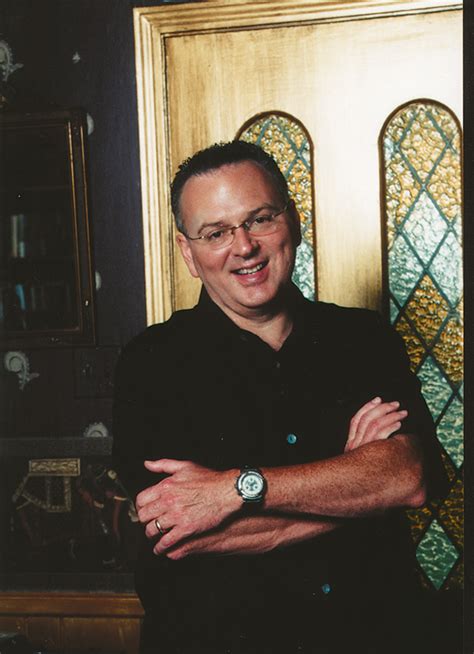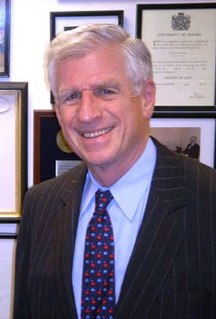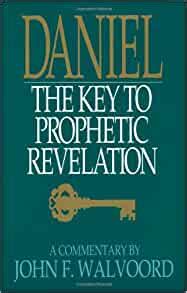A Quote by Billy Graham
Most of us know about God, but that is quite different from knowing God.
Related Quotes
You hear a lot about God these days: God, the beneficent; God, the all-great; God, the Almighty; God, the most powerful; God, the giver of life; God, the creator of death. I mean, we're hearing about God all the time, so we better learn how to deal with it. But if we know anything about God, God is arbitrary.
By studying the Bible one can at best know about God. There is a vast difference between knowing God and knowing about God. Knowing God comes through direct power encounters and through biblical study. These power encounters are usually of a variety which cannot be found within the context of the dusty moldy pages of God's past tracks.
There are two gods. The god our teachers teach us about, and the God who teaches us. The god about whom people usually talk, and the God who talks to us. The god we learn to fear, and the God who speaks to us of mercy. The god who is somewhere up on high, and the God who is here in our daily lives. The god who demands punishment, and the God who forgives us our trespasses. The god who threatens us with the torments of Hell, and the God who shows us the true path.
There are two gods. A god who casts us off because of our sins, and a God who calls to us with His love.
Love is universal. You don't have to tell somebody that loving is better than hating. You don't have to believe in God to know that stealing is bad. All of God's children and their different faiths help to realize the immensity of God. No faith contains the whole truth about God. And certainly Christians don't have a corner on God. All of us belong to God.
And there is something profoundly humbling about knowing God. I’m not talking about the trinket God or the genie-in-a-lamp God. I mean the God who invented the tree in my front yard, the beauty of my sweetheart, the taste of a blueberry, the violence of a river at flood. There are a lot of religious trends that would have us controlling God, telling us that if we do this that and the other, God will jump through our hoops like a monkey. But this other God, this real God, is awesome and strong, all-encompassing and passionate, and for reasons I will never understand, he wants to father us.
He didn't know whether we created God in our own image or whether God created us without quite knowing what he was doing. He believed that God, or whatever brought us here, lives in each of our deeds, in each of our words, and manifests himself in all those things that show us to be more than mere figures of clay.
We spoke to God about the children, and we were afraid to ask God for specific things. We thought that it might be too much. So we said to God 'Please give us a healthy child' and left it at that, not knowing that God is a generous God, but also has a sense of humor. And if you leave that much open for God, some wonderful jokes are going to come about.
God operates by different rules of time and space. And God's infinite greatness, which we would expect to diminish us, actually makes possible the very closeness that we desire. A God unbound by our rules of time has the ability to invest in every person on earth. God has, quite literally, all the time in the world for each one of us.
I don’t think God has a gender. I don’t think God hates gays or Democrats, and I don’t think you have to be Born Again to find your way to Heaven. I believe God expects us to care for one another, even those who are different. God wants us to be good stewards of this planet, and that means not wasting or violating its resources. Most of all, it means not blowing it up. Especially not in God’s name.
Disguise is central to God's way of dealing with us human beings. Not because God is playing games with us but because the God who is beyond our knowing makes himself known in the disguise of what we can know. The Christian word for this is revelation, and the ultimate revelation came by incarnation. ... God is the master of disguises, in order that we might see.
Do you know God? Do you know there is a power greater than ourselves which manifests itself within us as well as everywhere else in the universe? This I call God. Do you know what it is to know God, to have God's constant guidance, a constant awareness of God's presence? To know God is to reflect love toward all people and all creations. To know God is to feel peace within - a calmness, a serenity, an unshakeableness which enables you to face any situation. To know God is to be so filled with joy that it bubbles over and goes forth to bless the world.






































